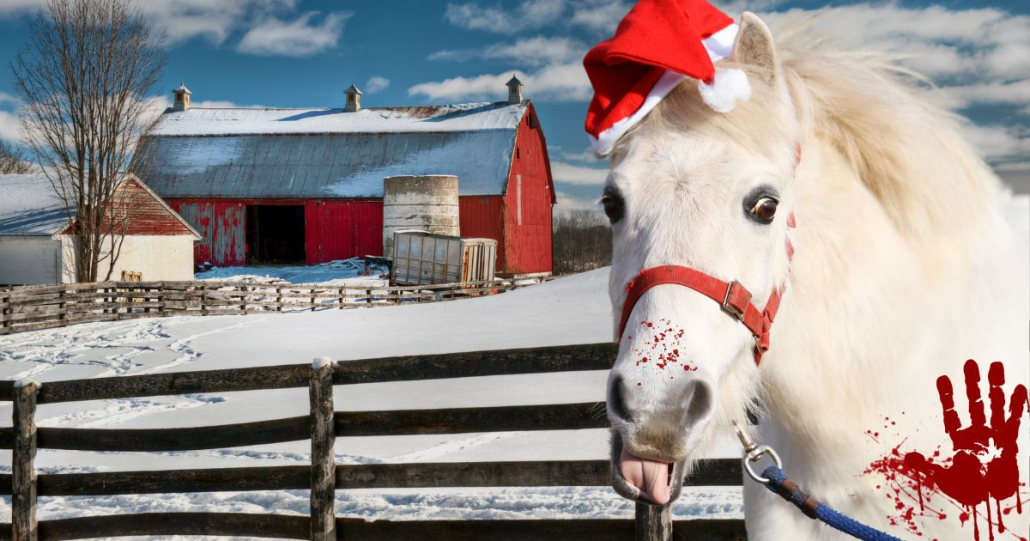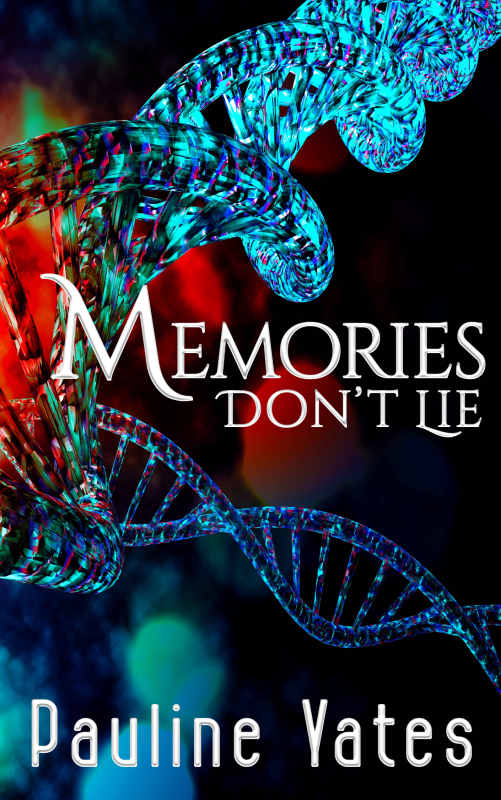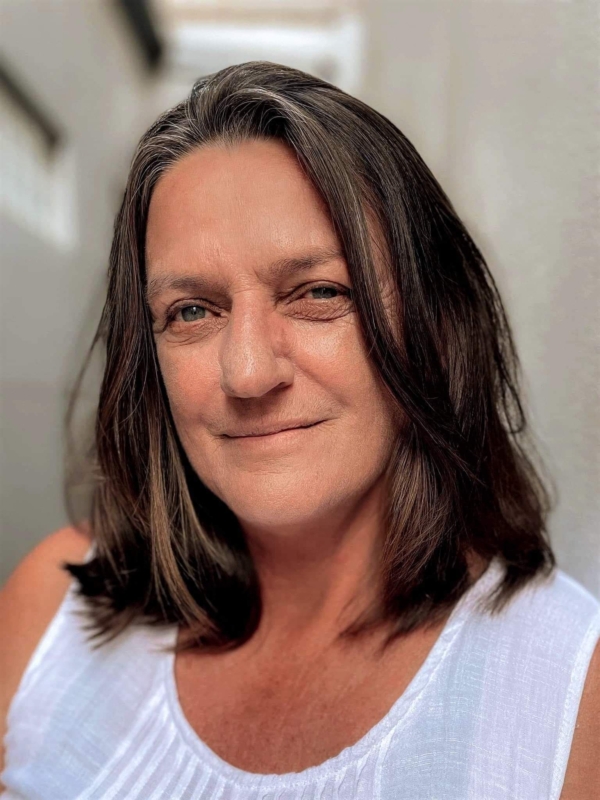
I’ve always been fascinated by déjà vu. It had to be more than coincidence, thinking you’ve done something before. I’m also curious about organ donation and how a recipient can sometimes adopt the donor’s traits. Add in my interest in gene doping in sports, DNA transfer to enhance physical traits, and the cellular memory hypothesis that suggests cells can store memories, all of that put together is the backdrop to this story.
What’s your background, what compelled you to start writing?
I was a compulsive daydreamer growing up, and I turned that into a writing career. What could be better than doing the thing you love most?
Does writing energise you, or exhaust you?
Writing is like my personal supply of adrenaline. The need for sleep tends to go by the wayside when I start, and when I get on a writing roll, it can keep me pumped up for days. There is nothing I find exhausting about it, even the times when I struggle to write.
What does literary success look like to you?
I wrote a short story once about a husband and wife who died in a car accident, then travelled together into the afterlife, after they realized they’d died. Around the same time, a friend was struggling with the news of a car accident where a couple died. She’d previously read my story, and when the real accident happened, she said my story helped her to cope with her grief. That to me is literary success. To write a story that can help someone through a difficult time in their life, or impact their life for the better.
What kind of research do you do?
Depends on the story I’m writing, and how much I don’t know. There is nothing Google doesn’t have an answer for, which always astounds me. But I also seek out people in particular professions. For example, if I need to know about guns, I ask my policeman friend. If I need a medical question answered, I ask my nurse friend. Gaining knowledge from real-life experiences gives you the emotional impact, and that is invaluable.
How many hours a day do you write?
If I averaged it out over a week, I’d say three to four hours constructive writing every day. If thinking about writing counts, then 24/7.
If you didn’t write, what would you do? Or, if writing is not a full-time job, what do you do?
Writing’s not a full-time job, yet. I’m working on that. Regardless of anything else I do, I can’t imagine a world where I didn’t write.
Besides hard work and talent, what other traits has led to your success?
Persistence. I’m not one to give up, even when knocked down. That just makes me fight harder.
The premise of Memories Don’t Lie is uniquely intriguing, full of plot turns and action—what sparked the idea?
I’ve always been fascinated by déjà vu. It had to be more than coincidence, thinking you’ve done something before. I’m also curious about organ donation and how a recipient can sometimes adopt the donor’s traits. Add in my interest in gene doping in sports, DNA transfer to enhance physical traits, and the cellular memory hypothesis that suggests cells can store memories, all of that put together is the backdrop to this story. As for the action? It’s cliché, but true: I dreamed a scene about a girl being chased by soldiers. She jumped off a five-storey building then was taken into hiding by a stranger. That begged the questions: who was the girl, why was she being chased, how didn’t she hurt herself, and who and why did a stranger offer to hide her. Memories Don’t Lie provides those answers.
You mention your daughter gave you guidance on some technical aspects; what other research did you do?
My daughter was studying genetics at the same time I was researching academic scientific articles relating to genetic engineering. She became my go-to when I needed terminology and procedures explained in layman’s terms. Other research in that area included the effects of genetic engineering on the human body, side effects of immunosuppressant drugs used in the transduction process, and how memory systems worked in the brain. Outside of the science and medical, Google maps and Google Earth became my best friends, and I used both to locate old and current military installations, check towns, travel distances, and terrain in the areas I chose to set my scenes. Although Memories Don’t Lie is set in the near-future, and it is a work of fiction, I wanted to place the reader in relatively real settings. Oh, and boxing. I learned how to throw a wicked punch from watching Mike Tyson YouTube videos.
How important were family and friends during your journey to complete Memories Don’t Lie?
I’m grateful for their patience and support in my times of writing absence, and I know they are super proud of what I’ve achieved so far. It’s nice to have cheerleaders outside my writing circles, just someone to say, “hey you, well done’, or “It’s okay, you’ve got this.” That always gives me a boost, usually when I need it most.
It’s taken you a decade to nurture, what challenges did you encounter on the way?
It took me 6 months to write the first draft. Then I wrote the second and third in the series over the next two years. Year 4 I returned to Book 1, but by then I was hooked on short story writing, so that proved a distraction. I worked on this novel in between writing short stories every year after, but it wasn’t until I reached my 5th draft that I thought I was close to finishing. The biggest challenge I faced was deciding where to best start the story. The earlier versions started at a different point, and each came with their own set of problems that sent me back to the drawing board. There were also elements I refused to change, but now I understand the quote, “kill your darlings’, because if I hadn’t let go of them, I would never have discovered the secrets about my characters that prevented me from moving forward.
You’re Australian, why did you choose the USA as the setting for this book?
For some strange reason, setting stories in America is easy for me, even though I’ve never been there. After writing this novel, I wonder if I inherited genes from an ancestor who also wrote stories set in America, and that’s what I tapped into when I started my writing career. But the series isn’t finished yet, and bringing my characters to Australia is on the agenda. I’ve already set it up in Book 2.
What is the inspiration behind your characters, and is there a particular message you hope Sarah Wilson portrays?
My characters are all individuals, but they complement each other on many levels and that makes them stronger as a group. I’d like to think that’s a message anyone can take away with them—that the whole is greater than the sum of the parts.
I hope the message Sarah portrays is this: Inner strength is found in the craziest places, like simply knowing who you are, and who you are not.
One of my favourite characters is Darius—strong, loyal, fatherly, focussed. Which of your main characters do you relate to the most and why?
Sarah Wilson has been with me for a long time, way before I even knew who she was, so I would say I relate to her the most—we are both hard workers, brutally persistent, and when we set our sights on a goal, we do not give up. The ironic part about writing this story is that I can easily imagine what all my other characters look like, but I’ve only ever imagined Sarah’s face once. It might be because of the POV I chose, and I’m looking at everything through her eyes, but it sure made describing her hard.
Did you base any of the characters on people you know?
My characters are products of my imagination, but I’ve no doubt I projected onto them traits I admire or dislike from interactions I’ve experienced during my life. Except for Magelon. She arrived fully formed, right down to her name, as she reminded me when I considered changing it.
What’s your favourite scene?
All of them? Honestly, I cannot pick. I love the relationships Sarah developed with everyone, especially her last scene with Vera. And anything involving Magelon. Writing a scene with her in it was like walking around with a live grenade in your pocket then finding out she’d already pulled the pin.
More Posts from the Author
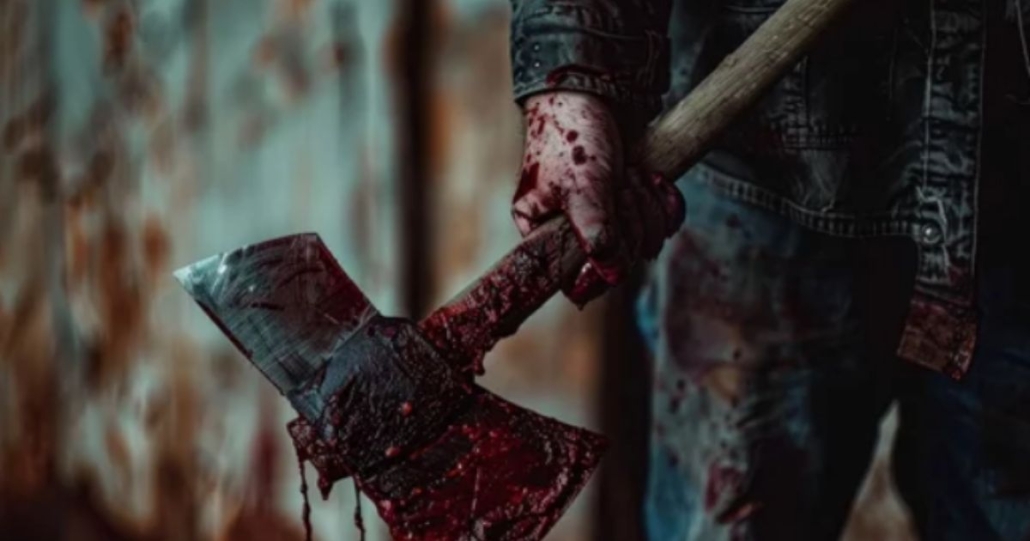
Form Rejection
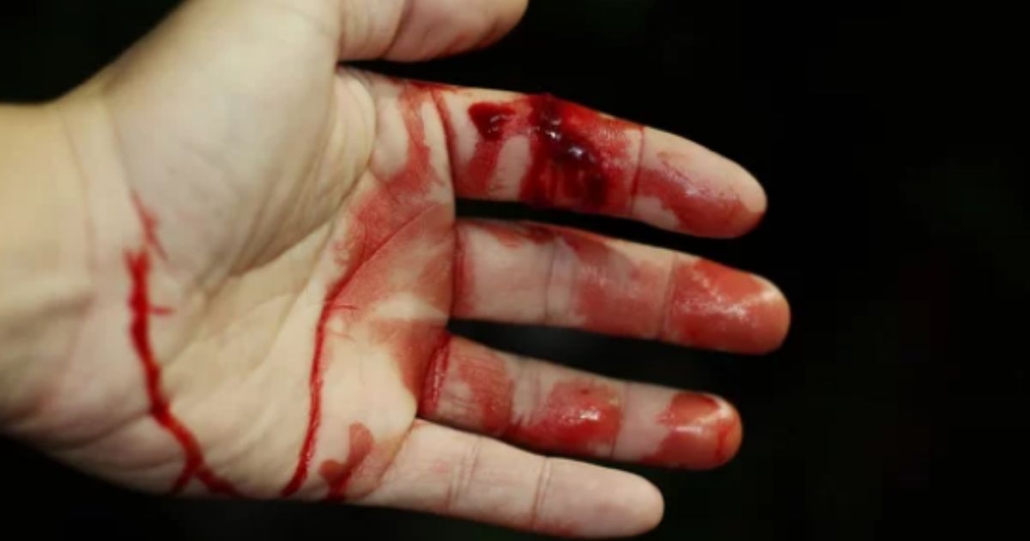
Family Fetish
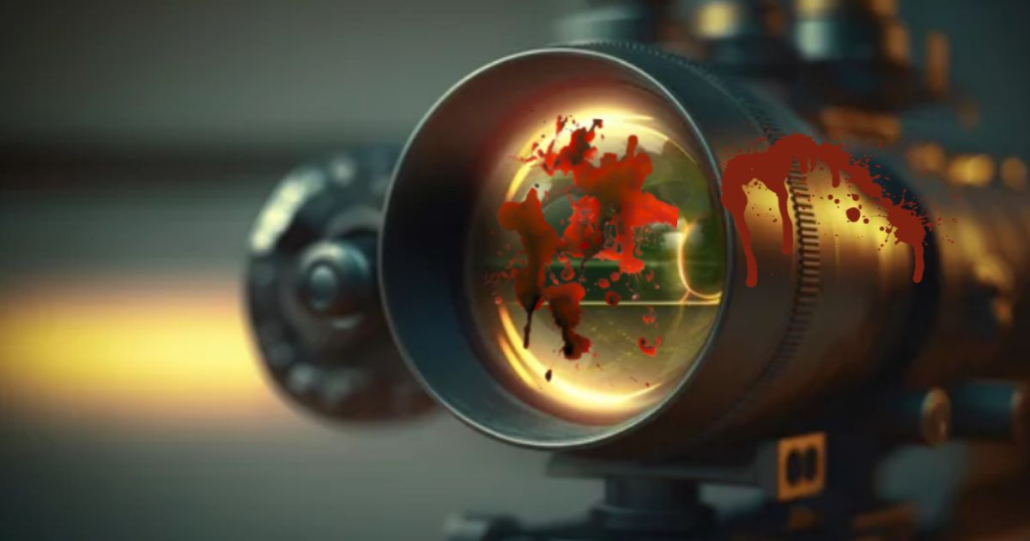 https://www.blackharepress.com/wp-content/uploads/2024/01/NUMBSKULL-by-PAULINE-YATES.jpg
630
1200
Shawna Rowan
https://www.blackharepress.com/wp-content/uploads/2019/02/BlackHarePress-Facebook-cover-300x114.png
Shawna Rowan2024-01-19 10:00:172024-01-20 10:09:46Numbskull
https://www.blackharepress.com/wp-content/uploads/2024/01/NUMBSKULL-by-PAULINE-YATES.jpg
630
1200
Shawna Rowan
https://www.blackharepress.com/wp-content/uploads/2019/02/BlackHarePress-Facebook-cover-300x114.png
Shawna Rowan2024-01-19 10:00:172024-01-20 10:09:46Numbskull https://www.blackharepress.com/wp-content/uploads/2023/11/Tick-Tock-by-Pauline-Yates.jpg
630
1200
Shawna Rowan
https://www.blackharepress.com/wp-content/uploads/2019/02/BlackHarePress-Facebook-cover-300x114.png
Shawna Rowan2023-11-19 10:00:552023-11-12 09:44:56Tick Tock
https://www.blackharepress.com/wp-content/uploads/2023/11/Tick-Tock-by-Pauline-Yates.jpg
630
1200
Shawna Rowan
https://www.blackharepress.com/wp-content/uploads/2019/02/BlackHarePress-Facebook-cover-300x114.png
Shawna Rowan2023-11-19 10:00:552023-11-12 09:44:56Tick Tock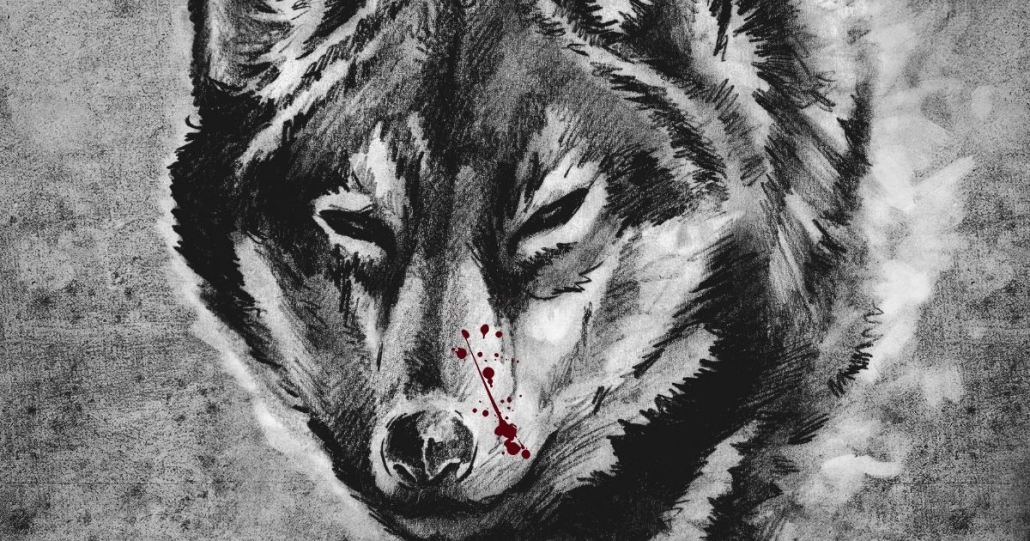
Aya’s Makami
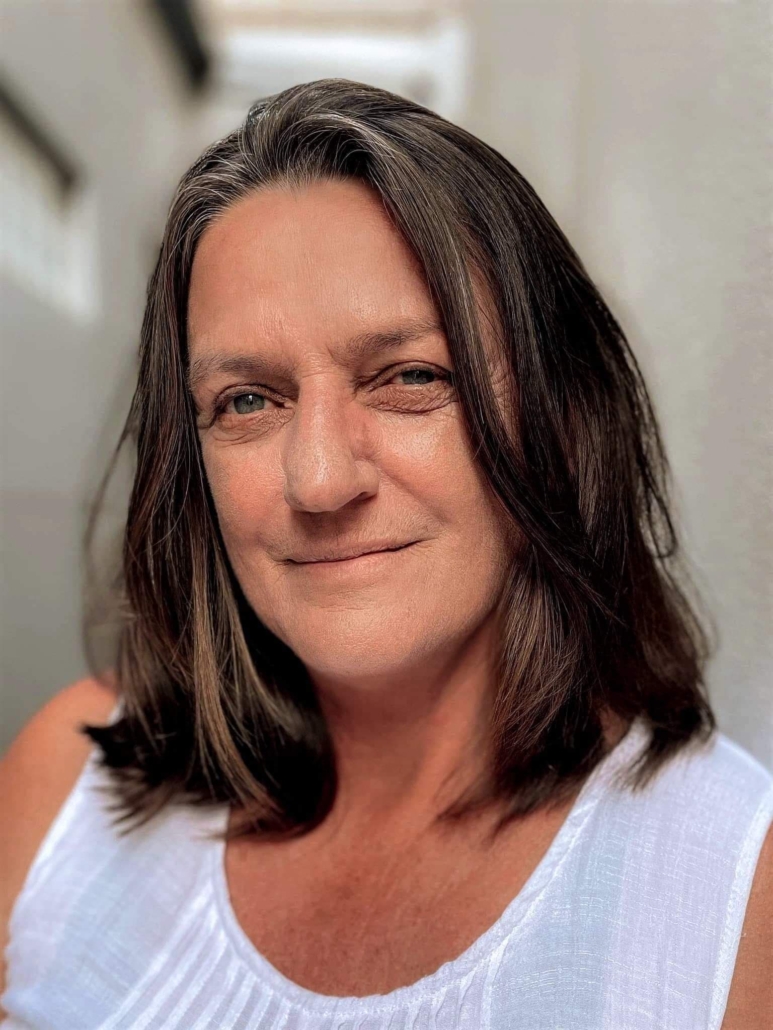
Memories Don’t Lie by Pauline Yates – Launches 11th March 2023
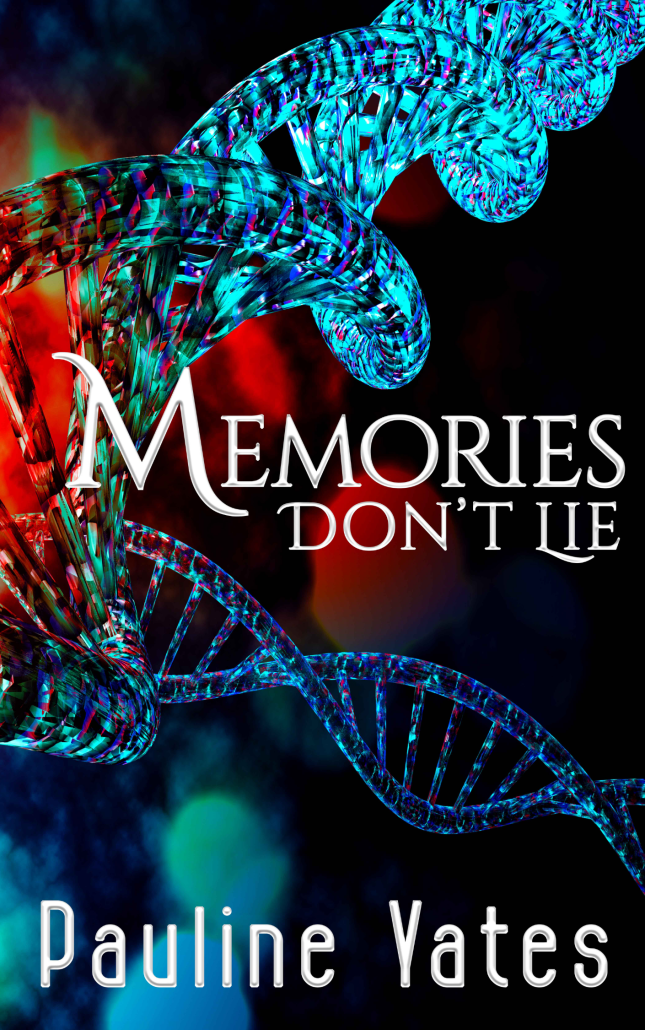
Memories Don’t Lie by Pauline Yates
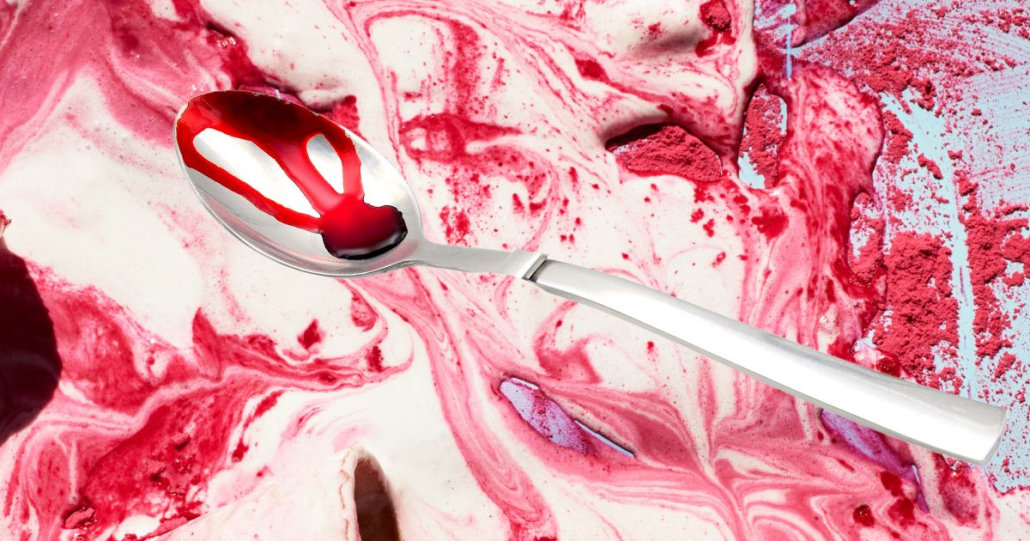 https://www.blackharepress.com/wp-content/uploads/2023/01/Spooned.jpg
630
1200
Shawna Rowan
https://www.blackharepress.com/wp-content/uploads/2019/02/BlackHarePress-Facebook-cover-300x114.png
Shawna Rowan2023-01-14 10:00:302023-01-15 06:12:29Spooned
https://www.blackharepress.com/wp-content/uploads/2023/01/Spooned.jpg
630
1200
Shawna Rowan
https://www.blackharepress.com/wp-content/uploads/2019/02/BlackHarePress-Facebook-cover-300x114.png
Shawna Rowan2023-01-14 10:00:302023-01-15 06:12:29Spooned